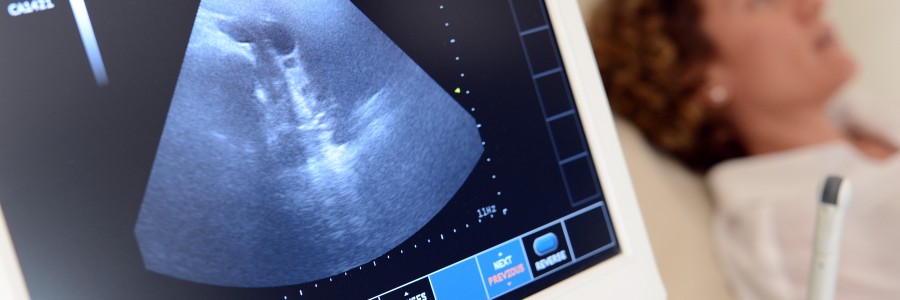Fetal Wellbeing
First Trimester – Nuchal Scan
This is a detailed scan needs to be done from 11 to 14 weeks. The aim of this scan is to accurately calculate the pregnancy’s dates, the presence of abnormalities and also the baby’s risk of Down Syndrome or other chromosomal abnormality. The test is 85% accurate, which can be increased to 95% if combined with a specific blood test. The test is done using the Fetal Medicine Foundation (UK) Guidelines by practitioners trained and certified from the Foundation.
Second Trimester – Detailed anomaly scan
This scan is best carried out between 19 to 23 weeks, because the baby’s size is ideal to be able to assess important structures like the heart and spine.
It is a detailed scan to check for baby’s growth and well-being, the position of the placenta and the presence of structural problems. The test is done using the Fetal Medicine Foundation (UK) Guidelines by practitioners trained and certified from the Foundation.
What happens with your results?
Your baby’s anatomy and organs are checked and its expected growth and welfare measurements are calculated.
During your appointment we will go through your report and fully explain our diagnosis.
Doppler studies
These are tests to assess baby’s blood flow to assess fetal well-being. These are the best predictors if there is any concern with baby’s growth, maternal blood pressure or diabetes. These tests are done using the Fetal Medicine Foundation (UK) Guidelines by practitioners trained and certified from the Foundation.
Cervical length
Cervical length measurements are good indicators of risk of preterm delivery. Ideally performed in patients who had a history of preterm delivery, late miscarriages or patients with surgery on the cervix before or during the pregnancy. The test is done using the Fetal Medicine Foundation (UK) Guidelines by practitioners trained and certified from the Foundation.
NOTE:
Neither scan can detect ALL problems with the pregnancy, whether they are structural, chromosomal or genetic.
Scan and image quality depends on various factors include fetal size, fetal position, maternal fat content and uterine factors (e.g. fibroids and amniotic fluid levels).
In view of factors out of our control, it is impossible to guarantee that who books for a 4D scan will get a clear image of the face.


